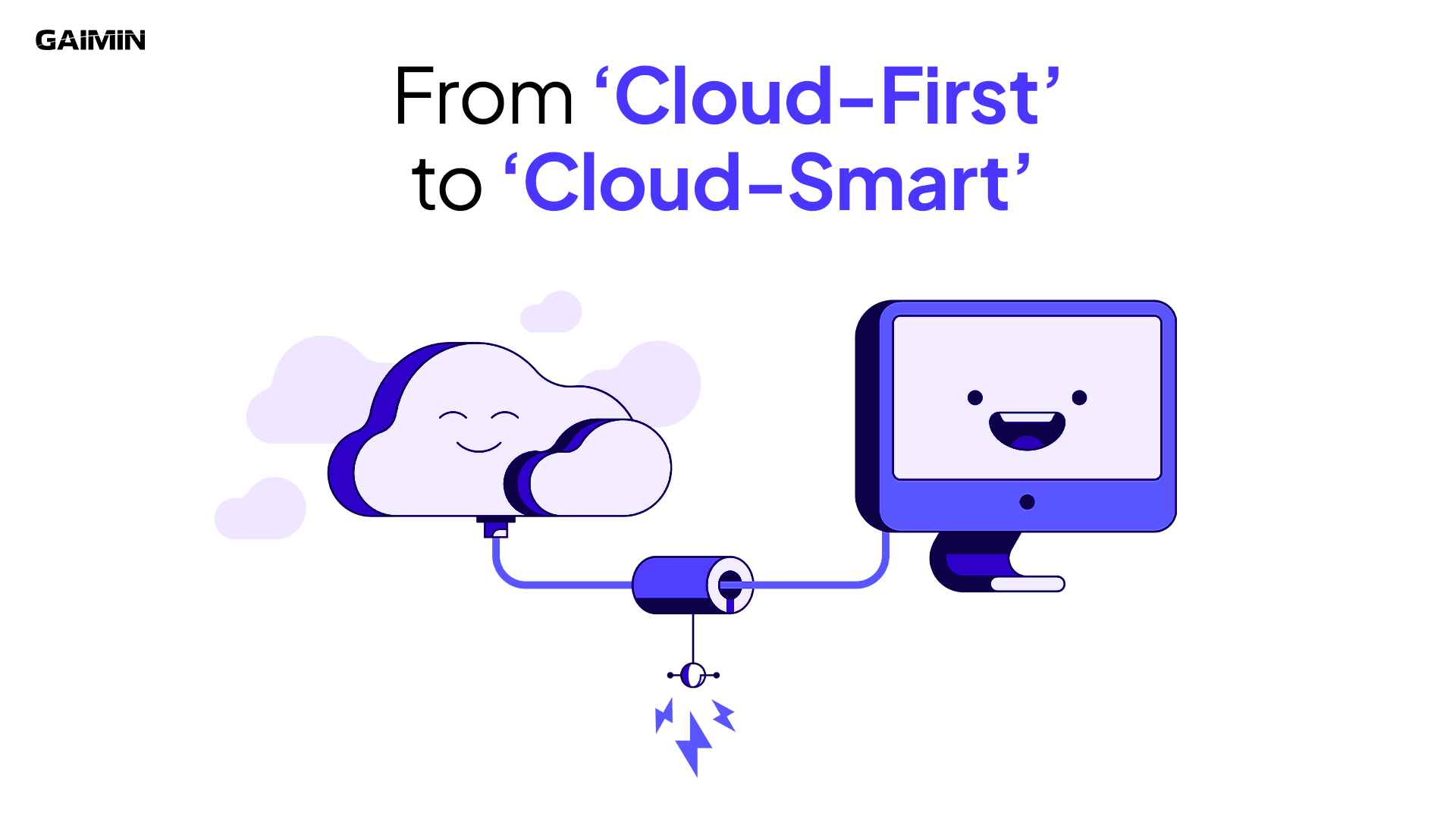With the amount of data being generated increasing at an unprecedented rate, the need for powerful data processing solutions to handle and analyze this data will continue to grow.
The future growth areas and trends for data processing include a significant increase in the demand for AI and machine learning, as well as the continued growth of big data and the Internet of Things (IoT). Additionally, with the increasing use of virtual and augmented reality technology, there is a growing demand for rendering services that require a vast amount of data processing power.
The use of blockchain technology is also expected to increase, which will drive the need for data processing power to support decentralized systems. Streaming services and gaming continue to grow in popularity and this is leading to an increase in the amount of data that needs to be processed, stored, and delivered.
Advancements in medical and biotech research will continue to increase the demand for powerful data processing solutions to analyze large amounts of data from clinical trials, genomics, and more.
As these technologies continue to evolve and advance, the demand for data processing power will only continue to grow, and it is predicted to become one of the world's most valuable commodities.
With demand for data processing continuing to grow, especially in fields such as AI, blockchain and rendering, it's important to have a solution that can keep up with this growth. The gaimin.cloud is an ideal solution. By utilizing the vast computational resources of the global gaming community, gaimin.cloud has potential access to over $200 billion of data processing power. This ensures that businesses and organizations in need of powerful data processing capabilities have access to the resources they need to stay ahead of the curve. Contact us today and discover how gaimin.cloud can help you.
-Gaimin Company



.png)
